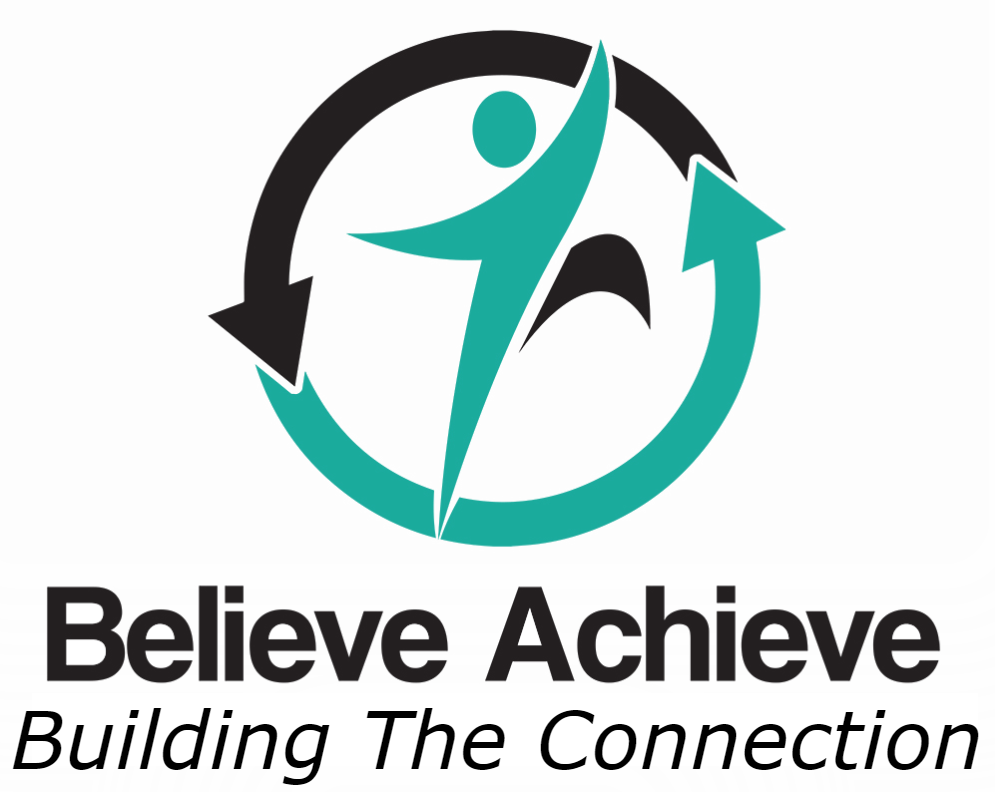Over the next few months I will be presenting a series of free webinars, each topic being relevant to developing leaders to successfully navigate the ever increasing complexity and uncertainty of business.
The next webinar will be on time management and in particular how your mindset can have a significant impact on how effectively you spend your time.
Without a doubt leaders have a tough role to do. They have the responsibility of leading themselves and others to achieve KPI’s within a competitive market with the changing demands of employees and customers alike. Any wonder their time management tends to suffer.
How well do you manage time? This is a really important question to ask yourself. Over the next three blogs I will break this question into three areas. The first area I want to explore is your outlook or attitude towards your work.
Do you see the demands placed on you in your job as a challenge; something that stimulates and energises? Or do you see it with a sense of foreboding and threatening? If you perceive your workload with a motivating mindset it is likely that your productivity is high. You won’t mind working additional hours to get the work done as you find your role intrinsically rewarding. You may suffer setbacks however you are able to bounce back from these.
When you feel a sense of foreboding however your productivity and motivation reduces. You procrastinate, put off activities and feel stress when you consider them. You start to forget things, make mistakes and potentially snap. Each additional demand creates a greater sense of unease. You start to shut down and withdraw causing relationships and your mental health to suffer. Many leaders suffer some level of the negative effects of stress and the good news is that it can be changed without having to leave your job.
Whether you have a positive or negative attitude is dependent on the part of the brain being activated. When you have a positive attitude or outlook your prefrontal cortex is being activated. This area is responsible for decision making, relationship building and idea generation. It is the part of the brain that is most needed to tackle today’s busy world.
A negative attitude however activates your old brain: your cerebellum and brain stem. This part of the brain is responsible for the heart rate, temperature regulation. It also fires up the body to prepare for attack: your fight, flight, freeze response. Regardless of which response you take in this state you will suffer poor decision making, become compulsive in your actions, and socially close down. What was once an effective response to real life dangers in past millennia, this response is far from useful today, given most situations are not life threatening.
How is it that some people thrive in chaotic environments and other’s fold?
Neuroscience is discovering not only the neurotransmitters and hormones responsible for how you feel about your workload they are also starting to understand why you do and how you can change.
For example a negative outlook triggers stress responses which releases neurotransmitters and hormones such as cortisol. Cortisol is an important hormone and works with adrenaline to prepare the body to fight or flee from danger. Together they increases blood pressure, increase glucose availability and shut down processes not needed. In times gone by the threatening situation was short lived and the body resumed normal levels of functioning. In today’s world we often remain in a stressed state for long periods of time meaning that cortisol is constantly being released and impacting our functioning and our mind.
Recent research has uncovered the impact of cortisol on the executive brain or pre frontal cortex. This part of the brain is responsible for emotions, learning, decision making, trust, and creating relationships etc. When it is flooded with cortisol, these functions are significantly affected resulting in poor decision making, an inability to learn and socially withdrawing. Outwardly you might be moody and make rash decisions without input from others. Your leadership style would be one of “tell, sell, yell” where your idea is the only right one. You would show distrust and be described as controlling and micromanaging.
In a leadership role, your competence and capability can be hampered by remaining in a stressful state. Lets look at this in more detail.
Today’s business world is more complex and uncertain. This means that solutions to problems that worked in the past may not work today. You are unlikely to have the answer and so you need to input of others in order to find a suitable way forward whether it is a new product, process or strategic direction. You need to be open and interested in other people’s ideas and opinions rather than rely solely on your own.
Your employees have different demands today and are motivated not by money alone. In fact some of the top ranking things that employees want in their job are challenge and opportunity. As a leader you have a responsibility to involve them more, develop them and allow them to work autonomously. You need to work with others rather than on them. You need to trust and respect their contributions and recognise their efforts in order to have them perform and achieve.
Which leads us to the third important responsibility which is to lead your team to achieving the KPI’s. There could be specific projects to complete, changes to be implemented, technology to be introduced. Each will have a set criteria and as a leader you are accountable for executing on these. You need to be comfortable with a level of risk as the challenge will be to improve and invent. Setting a compelling vision despite the future not being clear requires insight and foresight both of which are found in the prefrontal cortex.
Now if you were highly stressed what impact would your cortisol levels be having on your ability to lead effectively? Chances are it will be significant in being able to perform all these things.
So what can you do to improve you attitude towards your workload? Simply put, its about changing your perception towards your workload. Finding the passion and the reason you do what you do is a good place to start. The reasons for this is that you need to start generating levels of the neurotransmitter oxytocin.
Oxytocin is nick named the cuddle hormone. It is the chemical associated with bonding, being social and forming friendships. The need for this hormone can be traced back to prehistoric times. Back then the earlier human species found that they could only survive by forming social groups. Hunting and gathering activities were carried out in groups as was defending territory. Collectively the human species invented and adapted to cope with their environment by solving problems and surviving as a unit.
The good thing about oxytocin for leaders is that your body loves it and seeks it almost like a drug. So the more you produce the more good you do. Lets get back to the chemistry set.
Oxytocin has been found to be responsible for more than just bonding. Its effect on the prefrontal cortex is to keep the mind open for learning, fact finding and investigation. Oxytocin allows not only the ability to relate to others but also to share and provide input then come up with a way forward that is well considered. The decision may require a level of risk which is accepted so that mistakes can be made and learnt from. You can see the value of oxytocin in our modern workplaces. I consider it to be our collaboration hormone.
Changing the way we think and operate in a stressful situation really does come down to chemistry. Changing how you perceive a situation from a threat to a challenge will change the levels of chemicals such as cortisol and oxytocin.
By becoming aware of this you will start to see which hormone is having a greater effect by how you act. If you feel yourself closing down and isolated chances are the balance of cortisol and oxytocin aren’t right. If you find yourself comfortable in reaching out for support and feedback you are triggering oxytocin levels. People who are quick to judge or control others allow too much cortisol to be released.
So how can you change your attitude and how can this help with time management?
There are an abundance of training programs and software applications designed to help managers manage their time better. Unfortunately they don’t hit the core issue and therefore their success may be limited.
What is needed firstly is for a leader to work on changing their attitude or outlook about their work. Only when they have created a more positive attitude to their work will they be successful in improving their time management in a sustained and beneficial way. The benefits being intrinsic satisfaction, higher team cohesiveness, and more fun.
Whilst relationship building and bonding sound airy fairy to many leaders, the importance of this in the work place really does makes sense. We have survived as a species as a result of collaboration and joint decision making through forming social groups. Why would it be considered any less relevant in today’s business world?

